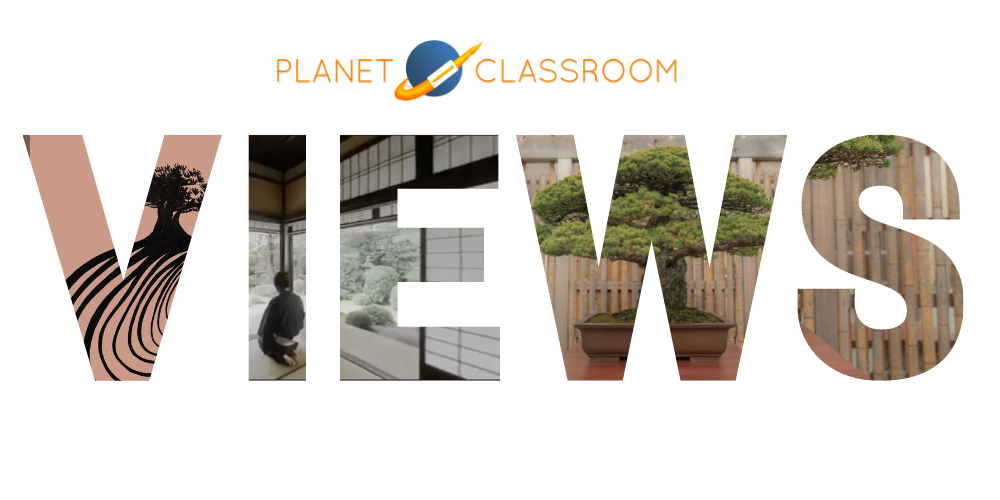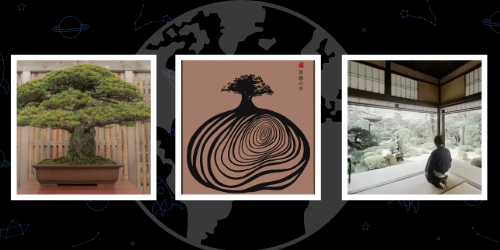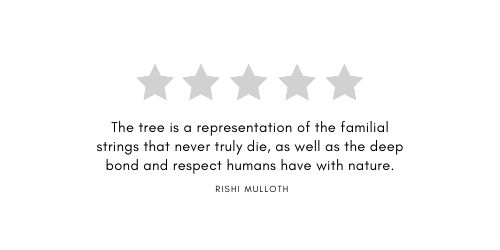
里希·穆洛斯
人类最伟大的创新之一是创造了记录保存, 随之而来的是一份历史记录,供后代学习. 但是,如果文明可以通过经历过它的事物的镜头来看待人类历史呢?, 像一棵树. 身临其境和壮观的短片, 该 原子树, tries to do just that. It tells the story of the 400 在广岛核爆炸中幸存下来的一岁盆景树. The film takes us on a journey from the tree’s origins in the ancient cedar forests of Japan to the Buddhist temples, finally ending with its home in Hiroshima tended with familial tradition and care. Throughout this process, viewers are shown the unbelievable life this tree lived, and the care that went into its life. The tree is a representation of the familial strings that never truly die, as well as the deep bond and respect humans have with nature.
From directors Adam Loften and Emmanuel Vaughan-Lee, 该 原子树 was curated for Planet Classroom Network by the Global Oneness Project. The two directors blend a beautiful story with great cinematography to help deliver their story of the bonsai tree’s life. The film’s visually stimulating effects make it feel like the viewer is being taken back in time, and the messages are firmly delivered, making an impactful statement.
This short film has strong directing and storytelling, making it a very enjoyable watch that will make most viewers think about it long after they’ve finished screening it. Imagine the stories this tree could tell if it could communicate, but even without that, it serves as a living testament to humankind and our relationship with the world around us. I think this is a fantastic film for the audiences at Planet Classroom, so I highly recommend it. 我给这部电影 5 出 5 星星。
Rishi Mulloth 最近毕业于匹兹堡大学,获得电影和媒体研究以及经济学学位, and is attending the University of Scranton for a masters degree in business analytics.




最新评论